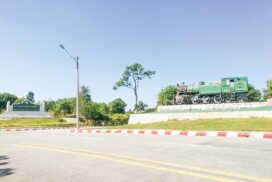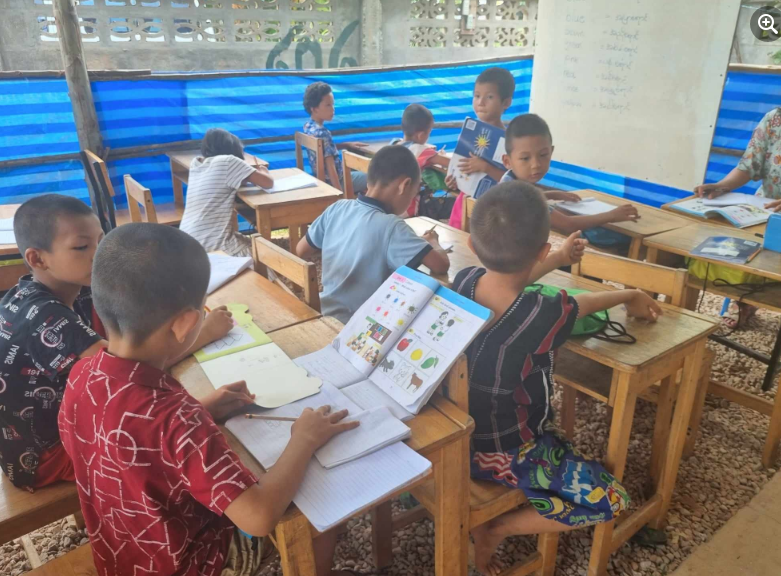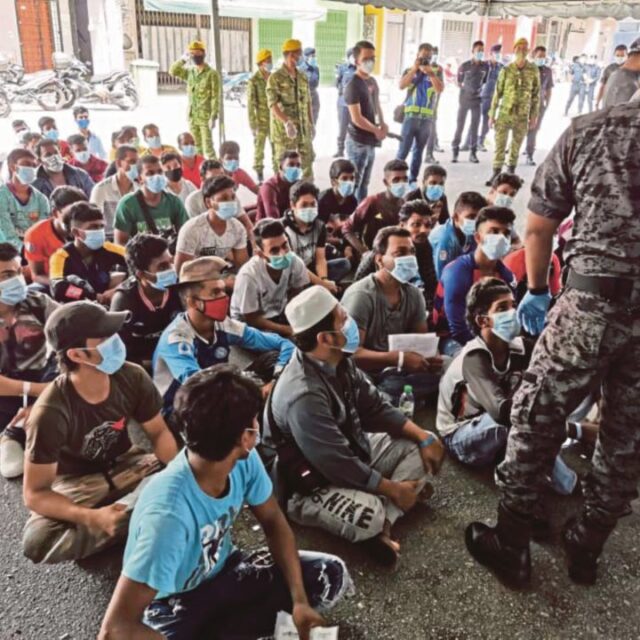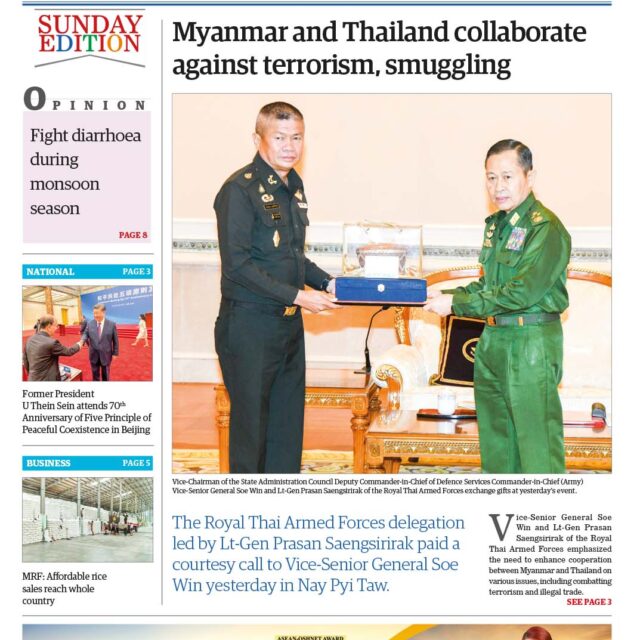Myanmar has designated the non-fishery season from April to June to protect fish populations offshore and along the coasts of Myanmar. However, some regional authorities have relaxed these restrictions for fishing businesses that are facing operational difficulties based on their equipment.
The primary goal of establishing a non-fishery season is to acknowledge the crucial role of ocean ecosystems in ensuring human food security. This regulation encourages fishery entrepreneurs to act responsibly. Neighbouring countries also implement similar non-fishery periods during peak regeneration times for fish species designated as fish resource conservation areas. This practice helps boost fish populations, benefitting long-term fishing operations.
Fish is a vital source of protein and vitamin D, essential for human nutrition and health. It is particularly beneficial for children and the elderly, contributing significantly to physical growth. Fish accounts for 17 per cent of animal protein and 7 per cent of human protein consumption. According to the Food and Agriculture Organization of the United Nations, global fish consumption reached 171 million tonnes in 2016.
The fishery sector is crucial for Myanmar’s food security and economic development. It supports local production, consumption, and exports to foreign markets. Myanmar, which is rich in freshwater and marine resources, takes the 14th position globally in terms of water resources. The country boasts numerous rivers, creeks, and lakes abundant in fish.
However, fish resources in Myanmar’s seas, rivers, and creeks have been declining gradually due to overfishing. Factors contributing to this decline include extreme fishing methods, the use of batteries to catch fish through short circuits, mine blasts in catching fish, degradation of coral reefs, natural fish deaths, water pollution from improper waste disposal, and climate change.
Sustaining fish resources is vital for food security and the socioeconomic development of the population. Although natural disasters affecting fish populations are beyond control, the non-fishery season can help protect fish stocks in Myanmar’s territorial waters. Conservation of the natural environment is essential to ensure food security and maintain balanced fish resources to meet the demands of a growing population.
In conclusion, adhering to the non-fishery season is crucial for the sustainability of fish resources. It helps protect the ocean ecosystem, ensuring long-term benefits for both the environment and the fishing industry. By following these regulations, Myanmar can secure its fish populations, support food security, and promote economic development, balancing the needs of the environment and society.
Follow non-fishery season rules for sustainable fish resources
- June 16, 2024
- 82














